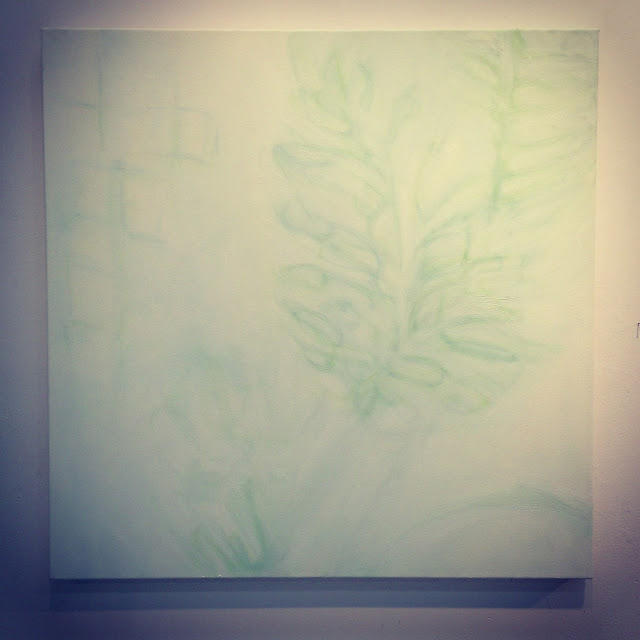"Filling Station". oil on canvas. 6 x 4 feet.
Painting 200 final, we were asked to produce a horizontal composition with an environmental theme, I began thinking about bottled water, water ownership rights, etc. I imagined a scene built around something like a gas station where water is as equally commodified a resource. Progress shots below:






















.JPG)
.JPG)
.JPG)
.JPG)
.JPG)
.JPG)
